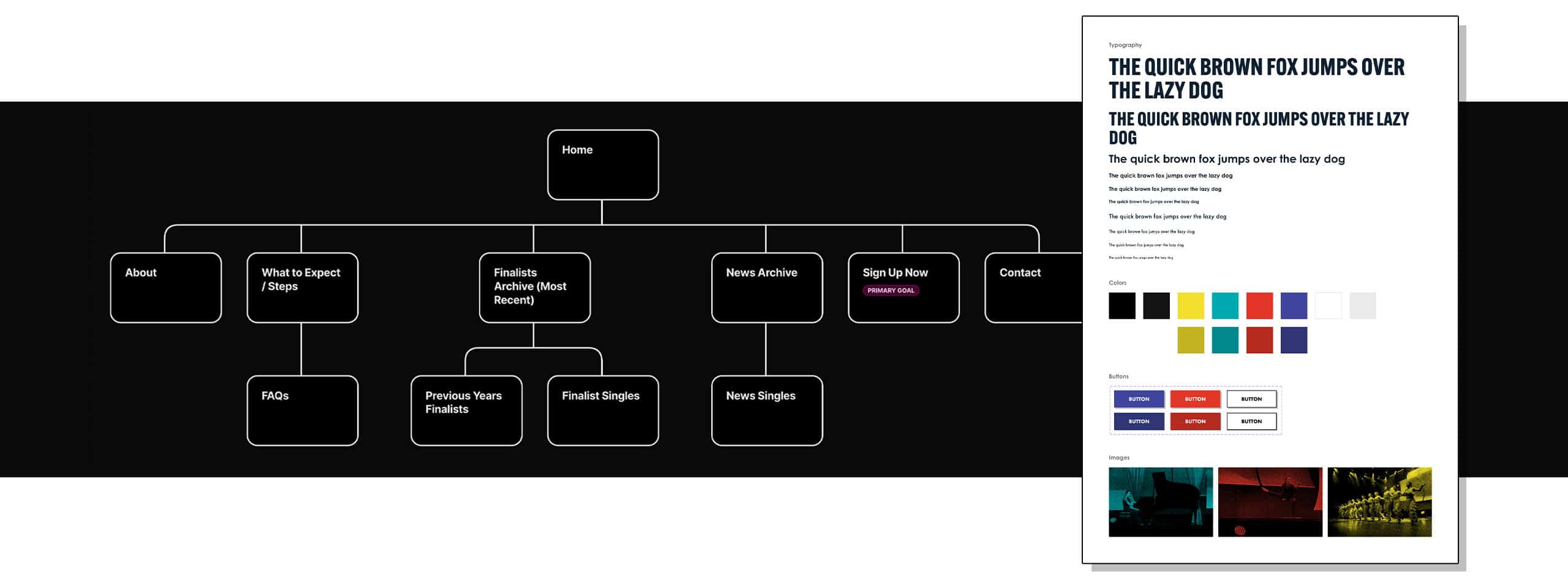Brand Strategy | Content Development | Email Marketing | PPC / Google Ads | SEO Services | Social Media | Web Design & Development
September 13, 2024 | Jason Kanzler

In the ever-evolving landscape of digital marketing, we're witnessing a fascinating phenomenon: the convergence of traditionally separate marketing disciplines into a more brand-centric marketing approach. But here's the twist – this isn't a new revolution. Instead, it's a powerful reminder of the fundamental principles that have always underpinned effective marketing. As we navigate this landscape, one crucial factor stands out: brand authority.
For years, the digital age seemed to promise success through hyper-focused channel strategies. SEO experts worked in isolation from social media marketers, while content marketers and PPC specialists operated in their own silos. This fragmentation led many to believe that mastering a single channel was the key to marketing success.
However, recent developments are challenging this notion, bringing us full circle to the holistic approach that seasoned marketers have long advocated.
At the heart of this convergence lies brand authority – a concept as old as marketing itself. Brand authority is the trust and credibility your brand has earned in its industry. It's the extent to which consumers view your brand as a leader, an expert, and a reliable source in your field.
What's changing is not the importance of brand authority, but our ability to measure and understand its impact across various marketing channels.
A recent Moz study analyzing Google's Helpful Content Updates provides a perfect example of this return to fundamentals. The study found that websites with higher brand authority were less likely to be negatively impacted by these updates, while sites with a high disparity between their Domain Authority and Brand Authority were more vulnerable.
This revelation isn't introducing a new concept. Rather, it's confirming what marketers have always known: building a strong, trustworthy brand is crucial for long-term success. The difference now is that we can see this principle reflected directly in search engine algorithms.
This convergence extends beyond SEO, affecting every aspect of marketing:
These aren't separate phenomena – they're all manifestations of the same fundamental principle: a strong brand drives marketing success across all channels.

As we recognize this convergence, it's clear that the future of marketing isn't about mastering new, complex strategies. Instead, it's about returning to a comprehensive, integrated approach that aligns with timeless marketing principles:
Enhancing your brand authority isn't about employing cutting-edge tactics. It's about consistently applying fundamental marketing principles:

As we navigate the seemingly complex world of modern marketing, it's crucial to remember that the underlying principles remain unchanged. The convergence we're witnessing isn't introducing new concepts – it's validating the timeless fundamentals of good marketing.
Success in this era isn't just about mastering a multitude of isolated tactics. Instead, it calls for a return to a holistic strategy that places your brand at the center, fostering genuine connections with your audience across all channels.
In embracing this convergence, we're not stepping into uncharted territory. We're coming home to the core of what marketing has always been about: building strong brands that resonate with people, create value, and stand the test of time.
As you move forward, remember that in the world of marketing, everything is connected – and it always has been. Your brand isn't just part of your marketing strategy; it's the heart of it. By focusing on these timeless principles, you're not just adapting to a trend. You're building a foundation for sustainable, long-term success that will weather whatever changes the marketing world throws your way.
























